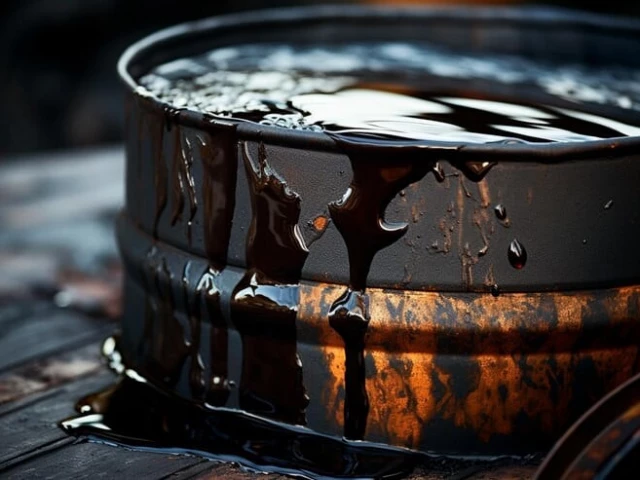Govt mulls over oil imports via pipelines
Experts also call for keeping oil stocks in storage of abandoned power plants

Pakistan is mulling over alternative options for oil supply from Saudi Arabia and the United Arab Emirates (UAE) through pipelines in case the Strait of Hormuz is shut down owing to the Israel-Iran conflict.
Saudi Arabia has an existing oil pipeline network, including the East-West Pipeline (Petroline), which supplies crude oil from the eastern province to the Red Sea port of Yanbu. The UAE oil pipeline to Fujairah, also referred to as the Abu Dhabi Crude Oil Pipeline (Adcop), is a strategic infrastructure project designed to bypass the Strait of Hormuz and ensure safe oil exports.
Finance Minister Muhammad Aurangzeb on Monday chaired the inaugural meeting of a high-level committee constituted to monitor petroleum prices amid escalation in regional tensions.
Sources told The Express Tribune that the Petroleum Division in a report said that the Strait of Hormuz supplies 20% of global crude oil and in case Iran shuts it down, the oil supply to the world could be affected, including Pakistan. It will be the worst-case scenario when oil prices could touch $100 to $150 per barrel.
It was highlighted that there was no immediate threat of higher oil prices and Pakistan was also engaged in talks with world oil suppliers to ensure smooth supplies.
At present, the abandoned power plants have furnace oil storages for up to one million tons. Experts suggest that the government should store oil in these storages. It has been proposed that the government can buy the storages as the power sector plans to sell them in scrap.
According to a statement, in response to the evolving geopolitical situation following Israel's recent attack on Iran and the resulting volatility in international oil markets, Prime Minister Shehbaz Sharif has constituted a high-level committee to monitor petroleum product pricing and supply dynamics. The committee is headed by the finance minister and includes senior representatives from key federal ministries, regulatory authorities and energy sector experts.





















COMMENTS
Comments are moderated and generally will be posted if they are on-topic and not abusive.
For more information, please see our Comments FAQ